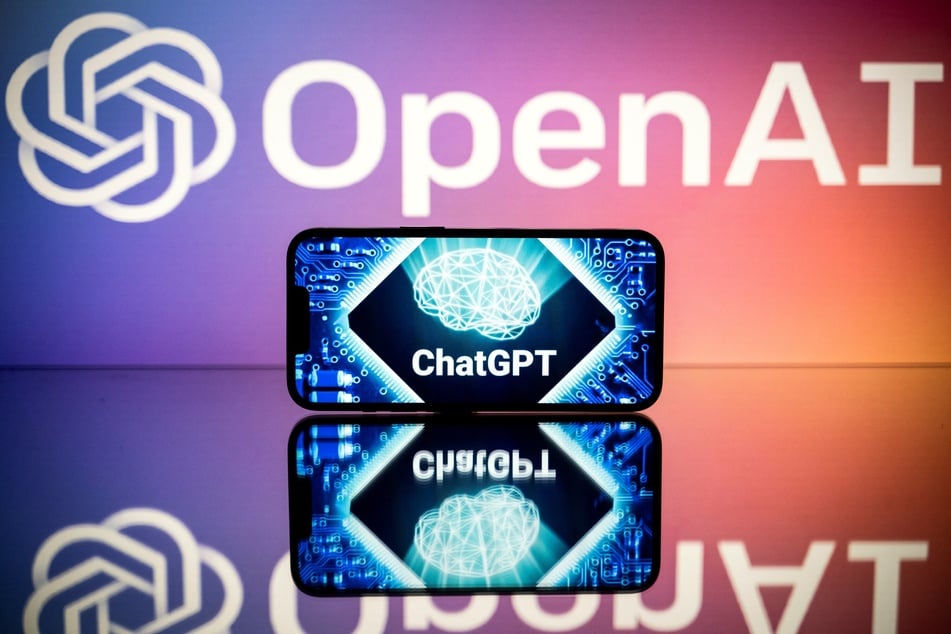Biden administration launches public consultation on AI and potential regulation
Washington DC - The US National Telecommunications and Information Administration (NTIA) on Tuesday announced the launch of an official consultation into artificial intelligence amid its increasingly rapid rise.

The insights gathered would inform the Biden administration's "ongoing work to ensure a cohesive and comprehensive federal government approach to AI-related risks and opportunities," it said.
Alan Davidson, the assistant secretary of commerce for communications and information, said responsible AI systems could bring enormous benefits. In comments to the Wall Street Journal, he added: "We know that we need to put some guardrails in place to make sure that they are being used responsibly."
The NTIA said the official request for comment would "inform policies to support AI audits, risk and safety assessments, certifications, and other tools that can create earned trust in AI systems."
It stressed that companies providing the services had a responsibility to make sure their AI products were safe before making them available. Consumers using the technologies had a right to know that they had been adequately vetted and that the risks had been appropriately mitigated, it said.
Chatbots and AI image generators pose increasingly hard questions
The NTIA is expecting to hear proposals during the two-month consultation period on which tests would be appropriate and on what kinds of data access are necessary to conduct audits and assessments.
OpenAI's ChatGPT, Google's Bard, and programs that can generate images on the basis of text descriptions have caused concern that they could be used to generate false information.
Artificially generated photographs of the pope and a series of fake images showing the supposed arrest of former President Donald Trump have provided examples.
Cover photo: Lionel BONAVENTURE / AFP
